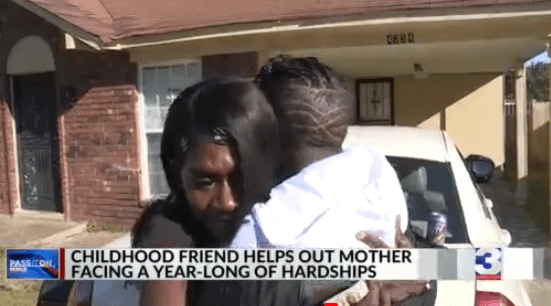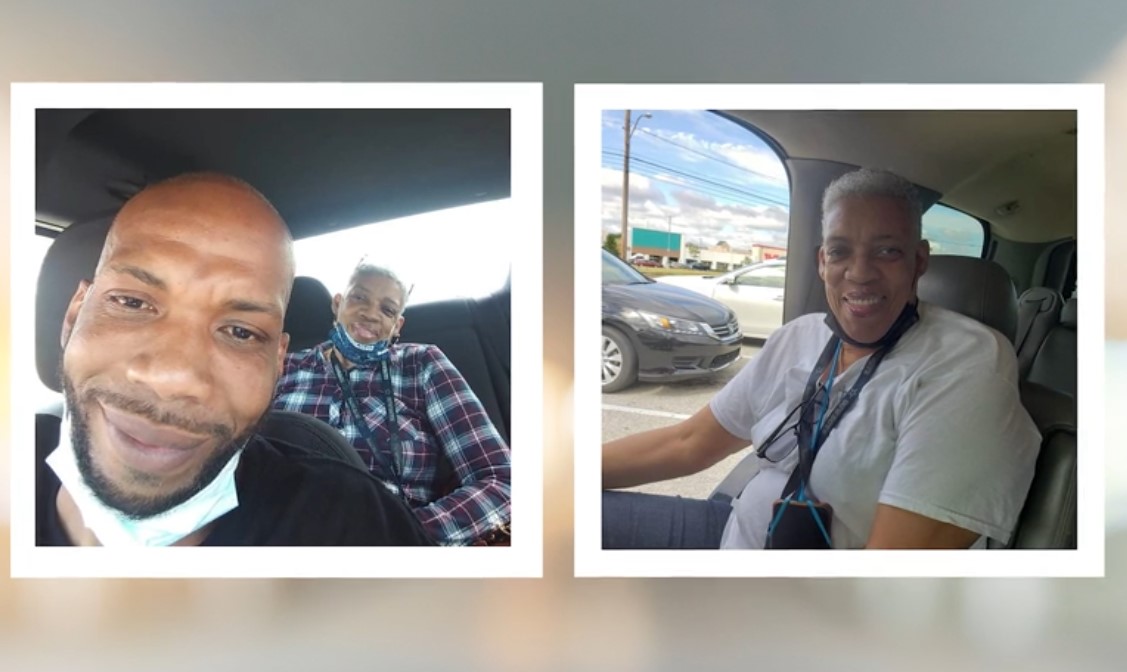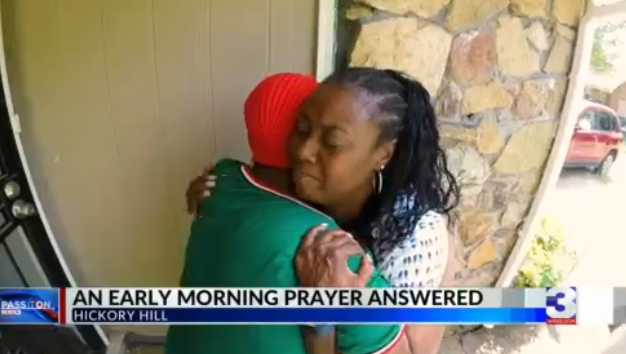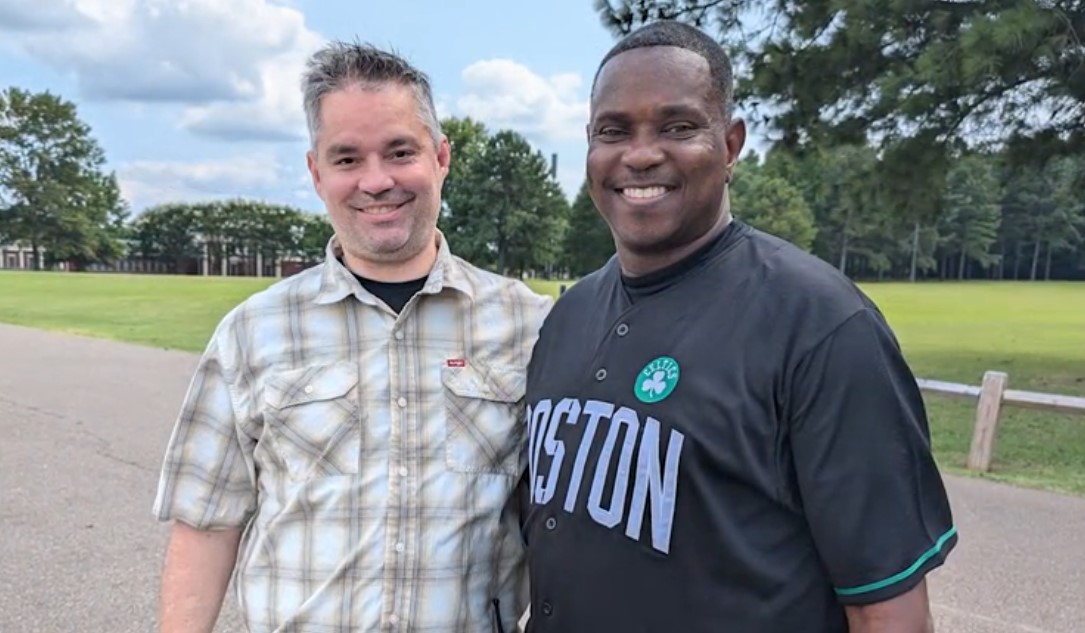LAWRENCE, Kan. – While Halloween celebrations can be a fun time to become someone else, sexual assault prevention advocates say it can also be a time when some people lose their sense of boundaries and personal responsibility.
“There’s this myth that’s really common, that we still sometimes hear in society,” Kelsey Hunter at the University of Kansas Sexual Assault Prevention and Education Center, told WDAF. “That what somebody’s wearing has anything to do with whether they’re giving their consent or has anything to do with their boundaries.”
It’s why Hunter’s office and students at KU have been promoting the social media hashtag #MyCostumeIsNotMyConsent.
“Unfortunately we know that some people still don’t fully understand that what somebody is wearing does not communicate their consent or their comfort level,” Hunter said.
Hunter believes the social media campaign began four years ago at the University of Oklahoma.
Experts say more than 50% of all sexual assaults on campus happen in the fall, between the months of August of November. That’s a stretch of time with an elevated risk for binge drinking and a high percentage of students who are new to living on campus, away from parents.
“We don’t communicate consent with clothes or with body language alone,” Hunter said. “The only way that we can really make sure that the other person is comfortable is to ask them.”






















